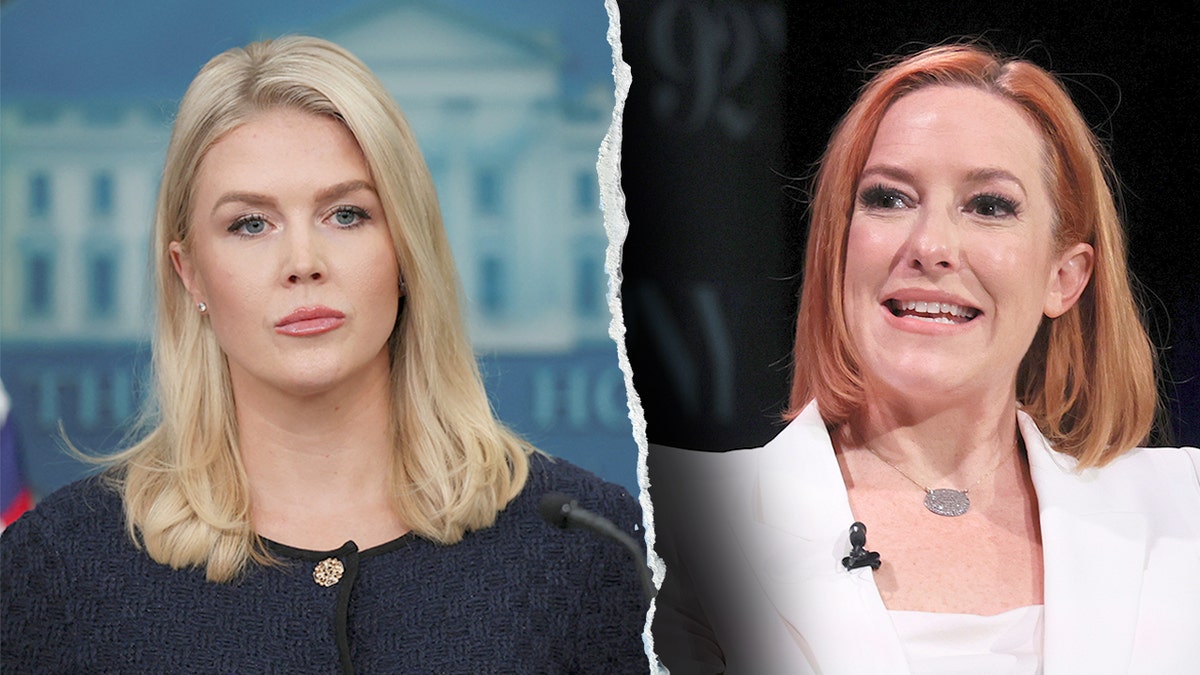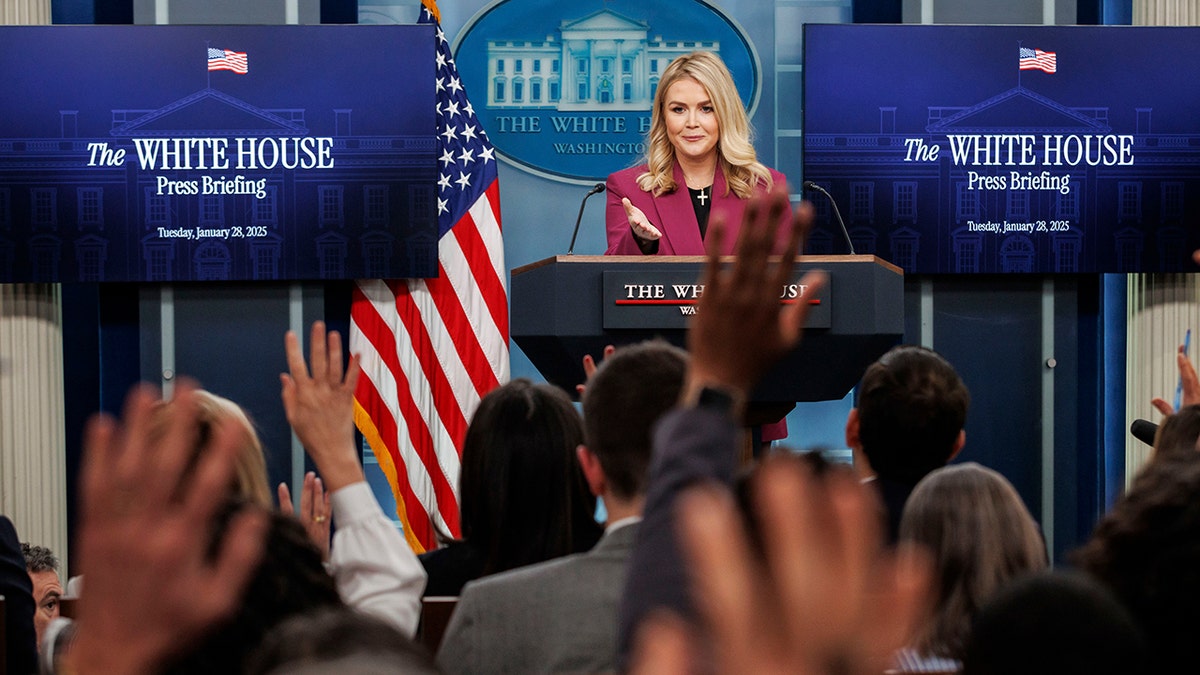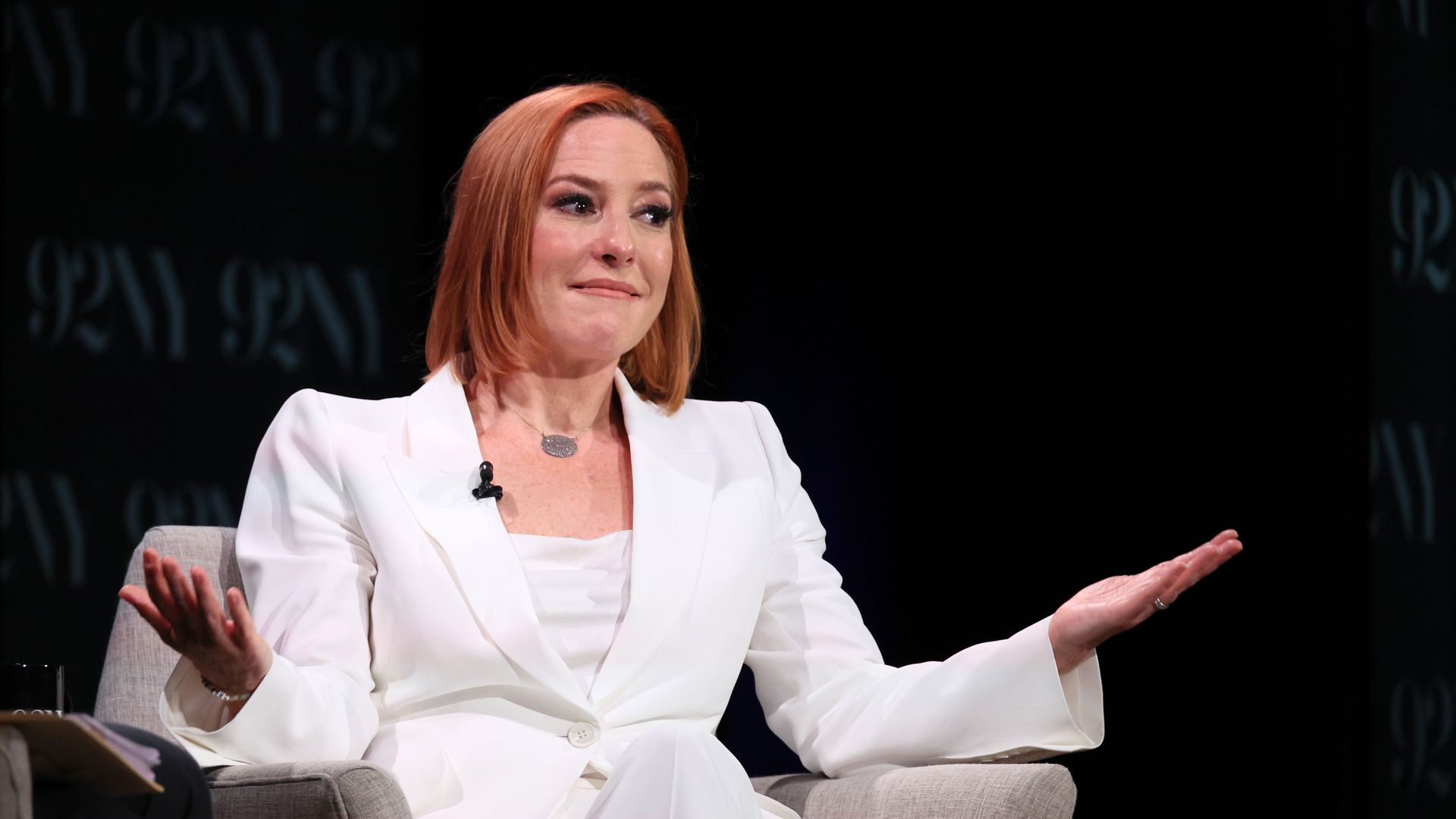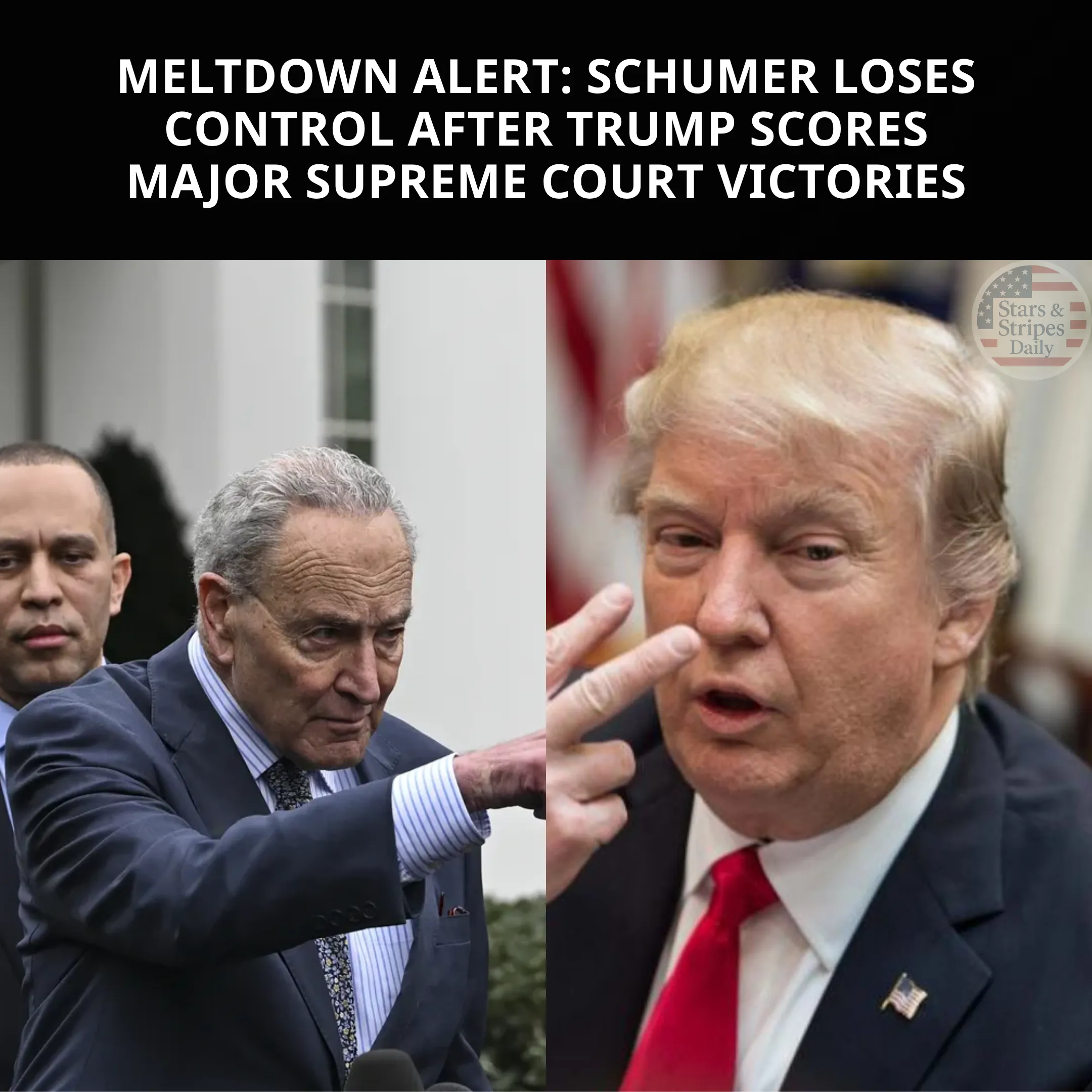
In the wake of the tragic mass shooting at Annunciation Catholic School and Church in Minneapolis, a heated debate has emerged over the role of prayer in times of crisis.
The incident, which left the community reeling, has reignited longstanding national conversations about faith, public safety, and the responsibilities of public figures when addressing tragedy.
Former White House press secretary Jen Psaki, now an MSNBC host, sparked controversy when she criticized the notion that prayer alone can address the aftermath of violent attacks, prompting pushback from current administration officials and political figures who emphasize the importance of faith in healing.
Psaki’s comments came in response to the harrowing events in Minneapolis, where young children attending church services were victims of a violent attack. On social media platform X, she wrote that “prayer is not freaking enough” in the face of such tragedies.
She elaborated that “prayers do not end school shootings. Prayers do not make parents feel safe sending their kids to school. Prayer does not bring these kids back. Enough with the thoughts and prayers.”
Her statements reflect a broader frustration frequently voiced in the wake of mass shootings: that symbolic gestures of support, such as praying for victims, are insufficient without concrete policy action aimed at preventing future tragedies.
The remarks drew immediate attention, as they intersect with a sensitive issue in American political and cultural life: the relationship between faith and public policy.
Many Americans turn to prayer as a source of comfort and guidance, especially during moments of profound grief. Criticism of prayer, particularly in the context of such a tragic event, is viewed by some as insensitive or dismissive of deeply held religious convictions.
Prayer is not freaking enough. Prayers does not end school shootings. prayers do not make parents feel safe sending their kids to school. Prayer does not bring these kids back. Enough with the thoughts and prayers.
— Jen Psaki (@jrpsaki) August 27, 2025
In response to Psaki, Vice President JD Vance took to X to defend the role of prayer. “We pray because our hearts are broken,” he wrote. “We pray because we know God listens.
We pray because we know that God works in mysterious ways and can inspire us to further action. Why do you feel the need to attack other people for praying when kids were just killed praying?”
Vance’s statement underscores a belief shared by many faith leaders and religious Americans: that prayer serves not only as an expression of mourning but also as a potential catalyst for positive action.
Vance’s response highlights a central tension in the ongoing cultural discourse surrounding mass shootings in the United States. On one hand, policymakers, activists, and concerned citizens demand tangible solutions to prevent gun violence, emphasizing legislation, security measures, and mental health support.
On the other hand, religious communities stress the importance of spiritual support, prayer, and collective mourning as essential elements of societal resilience.
This tension is further complicated by public figures, like Psaki, whose roles in media and politics amplify their statements to a national audience, influencing public perception and sparking debates about appropriate responses to tragedy.
White House Press Secretary Karoline Leavitt also entered the fray, strongly criticizing Psaki’s comments. During Thursday’s briefing, she characterized Psaki’s statements as “incredibly insensitive and disrespectful to the tens of millions of Americans of faith across this country who believe in the power of prayer, who believe that prayer works.”
Leavitt emphasized that during a period of mourning, particularly when young children have lost their lives while engaging in prayer, it is disrespectful to deride the spiritual practices that provide comfort to so many.

Leavitt’s remarks highlight the administration’s broader position on faith in public life. She noted that the act of prayer is not simply a ritual but a reflection of the nation’s moral and spiritual fabric.
According to Leavitt, dismissing prayer during moments of national tragedy risks alienating millions of Americans who rely on faith to navigate difficult circumstances.
Leavitt went further, encouraging Psaki to direct her focus toward supporting the families affected by the shooting, stating that prayer for these grieving communities would be more meaningful than public criticism.
The Minneapolis shooting itself has raised numerous questions about school safety, gun control, and the role of public officials in addressing violent crime. Mayor Jacob Frey of Minneapolis also voiced frustration following the incident, criticizing the idea of offering “thoughts and prayers” without implementing substantive preventive measures.
Frey’s comments underscore the ongoing policy debate that has followed mass shootings across the United States: whether faith-based responses can coexist with legislative and practical actions aimed at reducing gun violence.
Psaki’s critique of prayer reflects a long-standing cultural discourse in the country. For decades, public figures, particularly in the aftermath of high-profile mass shootings, have called for more than symbolic gestures, arguing that legislative reforms, increased mental health resources, and stricter enforcement of existing laws are necessary to ensure public safety.
Critics of this approach, however, argue that dismissing prayer overlooks its importance as a communal and psychological support mechanism for victims and their families.
The exchange between Psaki, Vance, and Leavitt illustrates the delicate balance political leaders must strike when addressing tragic events. On one hand, they must recognize the public’s desire for tangible action to prevent future incidents.

On the other hand, they must respect deeply held religious beliefs and practices that provide comfort and guidance in the face of grief. The debate also highlights the polarization in American politics, where statements on faith and public policy are often interpreted through partisan lenses, intensifying public scrutiny and media coverage.
Vance’s posts went beyond defending prayer as a response to tragedy; he emphasized the idea that faith can inspire further action. “We pray because we know that God works in mysterious ways and can inspire us to further action,” he wrote, suggesting that spiritual practices and practical measures need not be mutually exclusive.
This framing presents prayer not as a passive gesture but as a source of motivation for civic engagement, charity, and community support, reinforcing the argument that religious observance and policy advocacy can coexist.
Leavitt’s intervention reinforces the administration’s commitment to highlighting the role of faith in public life. Her statements make clear that the government recognizes and values the spiritual dimension of American society.
By defending prayer, Leavitt seeks to reassure religious communities that their practices are respected at the highest levels of government, particularly in moments of national mourning. Her remarks also serve as a rebuke to public figures who, intentionally or not, diminish the role of faith in societal resilience.
The incident in Minneapolis also underscores the human dimension of mass shootings and the emotional toll they take on communities. For families of victims, prayer can offer solace and a sense of connection to a higher power during moments of unimaginable loss.
Critics who dismiss prayer may inadvertently overlook the comfort and psychological relief it provides, which can be crucial in helping individuals cope with grief.
This episode has prompted broader discussions about the intersection of faith, politics, and public discourse. Americans are grappling with how to reconcile spiritual practices with demands for policy change, particularly in areas related to public safety and community protection.

The conversation also highlights the responsibility of public figures and media personalities to communicate in ways that are sensitive to the diverse beliefs of their audience.
Experts in sociology and religious studies note that prayer often serves multiple functions in the aftermath of tragedy. It is a tool for collective mourning, a form of emotional support, and a means of fostering community cohesion.
While policy measures are essential for long-term safety, spiritual responses address immediate emotional and psychological needs. Vance and Leavitt’s defense of prayer acknowledges these roles, framing faith as a complementary rather than competing mechanism alongside legislative and practical solutions.
As the nation continues to grapple with the implications of the Minneapolis shooting, the debate over prayer’s role is likely to persist. Public figures, policymakers, and media personalities will continue to navigate the tension between advocating for actionable measures and honoring the spiritual practices that communities rely upon during crises.
The exchange between Psaki, Vance, and Leavitt exemplifies the broader challenges of leadership in times of national tragedy: balancing empathy, respect for diverse beliefs, and the pursuit of effective solutions.
Ultimately, the controversy surrounding Psaki’s comments and the responses from Vance and Leavitt illuminates the enduring significance of faith in American public life.
Prayer remains a deeply ingrained part of the national culture, serving as both a personal and communal coping mechanism in times of distress. At the same time, it exists alongside calls for pragmatic, evidence-based measures to address societal challenges, particularly gun violence.
The dialogue sparked by this incident is a reminder of the multifaceted nature of public response to tragedy, encompassing emotional, spiritual, and policy-driven dimensions.

The events in Minneapolis, the subsequent media commentary, and the responses from public officials provide a snapshot of contemporary American society, where deeply held beliefs, political ideologies, and policy priorities intersect.
The debate underscores the importance of thoughtful communication, particularly by public figures, who have the ability to shape discourse and influence public sentiment in moments of crisis.
By defending the power of prayer while acknowledging the need for action, officials like Vance and Leavitt are advocating for a holistic approach that addresses both the emotional and practical needs of affected communities.
As the nation mourns the loss of young lives in Minneapolis, the discussion about the role of prayer, faith, and policy will continue to unfold. The exchange between Psaki, Vance, and Leavitt offers a case study in how public discourse navigates the complex interplay of belief, empathy, and action.
It highlights the enduring significance of spiritual practices in American life while simultaneously reminding citizens and leaders alike of the ongoing need for concrete measures to prevent future tragedies.
In conclusion, the Minneapolis tragedy has sparked a significant national conversation about the balance between faith and action in the face of violence.
While former press secretary Jen Psaki criticized the sufficiency of prayer, Vice President JD Vance and White House press secretary Karoline Leavitt defended its importance, emphasizing that prayer provides solace, inspires action, and represents a deeply held belief system for millions of Americans.
The debate serves as a reminder that public responses to tragedy are multidimensional, encompassing spiritual, emotional, and practical considerations. It also underscores the responsibility of public figures to communicate in ways that honor the beliefs of communities while advocating for meaningful solutions.
Through this dialogue, the nation continues to grapple with how best to respond to tragedy, honor faith, and ensure the safety and well-being of all citizens.
Faith, action, and public discourse remain intertwined as Americans mourn the victims of the Minneapolis shooting and seek paths forward that respect both the spiritual and practical dimensions of healing.



-1749884951-q80.webp)
